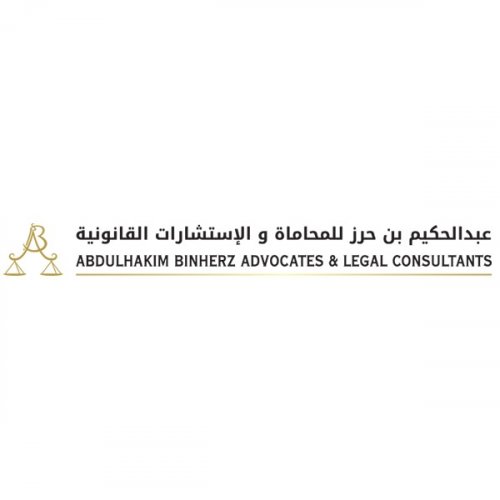Best General Litigation Lawyers in Ras al-Khaimah
Share your needs with us, get contacted by law firms.
Free. Takes 2 min.
List of the best lawyers in Ras al-Khaimah, United Arab Emirates
About Litigation Law in Ras al-Khaimah, United Arab Emirates
Litigation in Ras al-Khaimah, United Arab Emirates (UAE), is a process by which legal disputes are resolved in court. The justice system in Ras al-Khaimah is a combination of Sharia Law (based on Islamic teachings) and Civil Law, influenced by Egyptian and French civil systems. English is extensively used in business disputes and international litigation, although Arabic is the official language in RAK courts.
Why You May Need a Lawyer
Whether you're involved in a contractual dispute, real estate discrepancy, employment-related issue, or any other complex legal matter, having a proficient lawyer can mean the difference between a successful resolution or a disappointment. Litigation can be stressful and time-consuming; hence, a lawyer will not just provide legal advice but also ensure your rights and interests are adequately protected.
Local Laws Overview
Commercial litigation, real estate disputes, and employment-related issues are common aspects of Litigation in Ras al-Khaimah. The RAK Civil Procedure Law details the process for court proceedings. It's crucial to understand that litigations in UAE strictly adhere to documentary evidence, meaning verbal contracts and agreements may be untenable. Non-Muslim expats involved in litigation processes can choose to have their cases judged under their home country laws, but that is limited to issues related to wills and inheritance.
Frequently Asked Questions
1. Are court proceedings conducted in English?
Though English is widely used for business transactions in Ras al-Khaimah, Arabic is the official language in courts. Therefore, legal documents in other languages must be translated by a legal translator. Lawyers can help navigate these linguistic challenges.
2. What are the costs involved in a litigation process in RAK?
The costs largely depend on the complexity of the case, including lawyer’s fees, court fees, and other administrative costs. There's no fixed structure and can vary significantly.
3. How long does the litigation process take in Ras al-Khaimah?
The length can vary greatly depending on the complexity of the case and may take anywhere between a few months to a few years.
4. Do I need a local lawyer to represent me?
It's highly advisable as local lawyers are well-versed with regional laws, customs, and court proceedings and can provide you with the best representation.
5. What if I am an expat involved in a litigation process?
Expat litigants have the same procedural rights as national litigants in UAE. Non-Muslim expats have an option to have their personal affairs cases judged under their home country laws, but this is limited to cases regarding wills and inheritance.
Additional Resources
The UAE Federal Judicial Authority and the Ministry of Justice websites offer comprehensive information about the legal system. The websites of larger law firms often have helpful guides to litigation in Ras al-Khaimah. The RAK International Corporate Centre (RAK ICC) is a corporate registry in Ras al-Khaimah, and they have resources related to dispute resolution and arbitration.
Next Steps
If you need legal assistance in Litigation, the first step is to consult a proficient lawyer who specializes in the area of your dispute. Do your research well, ask for personal recommendations and check the lawyer’s credentials before finalizing. Be sure to discuss your case thoroughly, understand your rights, the costs involved, and the possible outcomes.
Lawzana helps you find the best lawyers and law firms in Ras al-Khaimah through a curated and pre-screened list of qualified legal professionals. Our platform offers rankings and detailed profiles of attorneys and law firms, allowing you to compare based on practice areas, including General Litigation, experience, and client feedback.
Each profile includes a description of the firm's areas of practice, client reviews, team members and partners, year of establishment, spoken languages, office locations, contact information, social media presence, and any published articles or resources. Most firms on our platform speak English and are experienced in both local and international legal matters.
Get a quote from top-rated law firms in Ras al-Khaimah, United Arab Emirates — quickly, securely, and without unnecessary hassle.
Disclaimer:
The information provided on this page is for general informational purposes only and does not constitute legal advice. While we strive to ensure the accuracy and relevance of the content, legal information may change over time, and interpretations of the law can vary. You should always consult with a qualified legal professional for advice specific to your situation.
We disclaim all liability for actions taken or not taken based on the content of this page. If you believe any information is incorrect or outdated, please contact us, and we will review and update it where appropriate.










